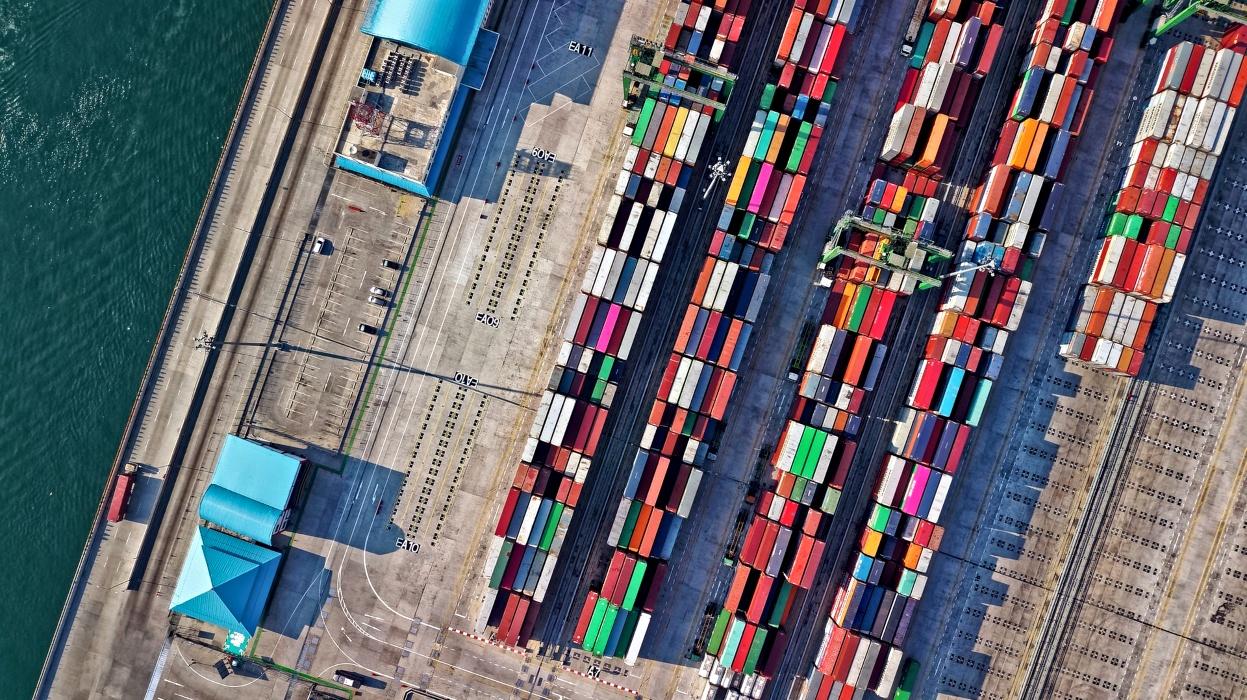State procurement has become a regular feature in South African newspaper articles, in which failed contracts, inflated prices and financial irregularities are among issues linked to ongoing corruption. Research by Nomtha Gray examines some of the ways in which anti-corruption measures failed, arguing that the way in which procurement is practised should be addressed more urgently than implementing increasingly robust policies, which in South Africa already conform to world-class standards. The priority of ‘following orders’ above policy compliance, in particular, is found to undermine procurement’s ability to contribute to organisational effectiveness.
Over the past decade or so, the issues of corruption and wider State Capture have taken hold in South Africa’s national discourse. Former president Jacob Zuma is at the heart of these allegations, along with three business-owning brothers, the Guptas, and senior members of the governing ANC. Yet, while many stand accused of looting and corruption on a grand scale, it is important that we try to understand how such acts were enabled. State procurement has become a regular feature in newspaper articles in South Africa, outlining failed contracts, inflated prices, a lack of competition and financial irregularities as only some of the mechanisms.
However, South Africa would appear to have a robust framework for governing state procurement: contracts over certain limits are subject to additional external oversight; competitive tendering is built into standard operating practices; and many of the rules governing procurement are considered world class and follow global best practice. I wanted to understand how things went wrong.
My interest in the subject came from working in procurement, based mainly in the UK and Europe. Every time I visited the place my parents called eKhaya (home), the subject appeared to worsen. The phenomenon of rolling blackouts (formally known as load-shedding), became a regular feature of life for many South Africans as the state power organisation, Eskom, suffered multiple levels of failure.
As I began my research, the Zondo Commission (formally the Judicial Inquiry into Allegations of State Capture, Corruption and Fraud in the Public Sector including Organs of State) had begun hearing witness testimonies. These provided background and insight into some of the ways in which officials had managed to work around the policies and procedures that would normally be expected to combat serious fraud and corruption. In many cases, particularly at Eskom, procurement involvement was rarely for significant personal gain. Rather, procurement failed to combat corruption simply by following irregular instructions handed down from senior executives or board members.
My own experience of procurement differed significantly from this: procurement was often seen as a governance hurdle for many in operations and I had come to think of it as a ‘critical facilitator’ of an organisation’s operations, having a mandate to support an organisation’s operations while protecting its revenues by making expenditure appropriate and effective. How to define corruption, though, was interesting – it is not just a factor of personal gain, but one which also needs to consider cultural norms and, in particular, how specific acts might deviate from accepted norms.
How procurement officials acted seemed to have been an important element in identifying failures in anti-corruption, and their failure to uphold the policies and principles which should have governed their actions. Many of them were so used to following their superiors’ instructions, they barely stopped to question the reasoning behind them. Even when this was the case, they would often accept flimsy or irregular justifications. While, at many organisations, this led to a deterioration in service delivery, at Eskom this deterioration resulted in its inability to meet the country’s demand for electricity on a reliable basis.
Attempting to understand the reasoning behind procurement’s failure should not be attributed to a single mode, however. There are multiple factors involved. Poor consequence management and inappropriate overall performance management means that procurement officials are not rewarded or recognised for behaviour that supports more effective procurement. Many performance measures focus simply on cost savings achieved rather than the sustainability of the contract. The lack of procurement’s involvement in managing the supplier over the life of the contract is a further contributing factor. If they are not involved in the ongoing contract management, procurement can have no real understanding of what a well-performing supplier can deliver or even of whether the specification negotiated remains relevant and appropriate.
Although many of my interviewees pointed to a general decline of morality in society, I have argued in my paper that this doesn’t necessarily hold true. At an individual level, there may be various ‘justifications’ which distance the action from one’s personal morality, and for this I found Ekeh’s theory of two publics more useful. In this way, the morality one applies in one’s community (primordial) may not be similarly applied to an organ of state (civic). However, even this theory has its limitations and, ultimately, I do not conclude that any of these truly address the fact that procurement has been ineffective in preventing many acts of corruption in key state-owned entities in South Africa. Until procurement’s leadership is able effectively to challenge senior executives and leaders and question irregular or inappropriate spending, it is unlikely that any additional policy measures will make a difference.
Photo: ’10th session of the South Africa-Democratic Republic of Congo Bi-National Commission’ by GCIS. Licensed under CC BY-ND 2.0.






The article is critical at this point as resources have either been unequally distributed or managed by individuals who have limited capacity or no clue about what needs to be done. Well argued and presented discourse!! To what extent can this be shared with relevant government entities in the form of workshops or seminars.